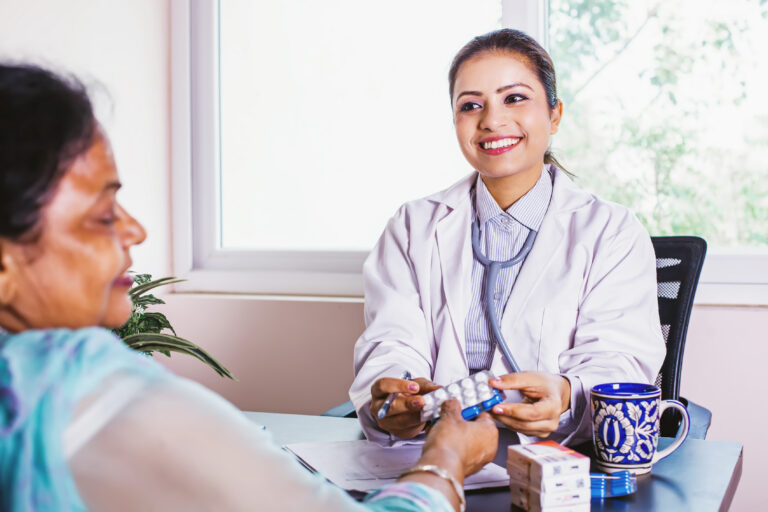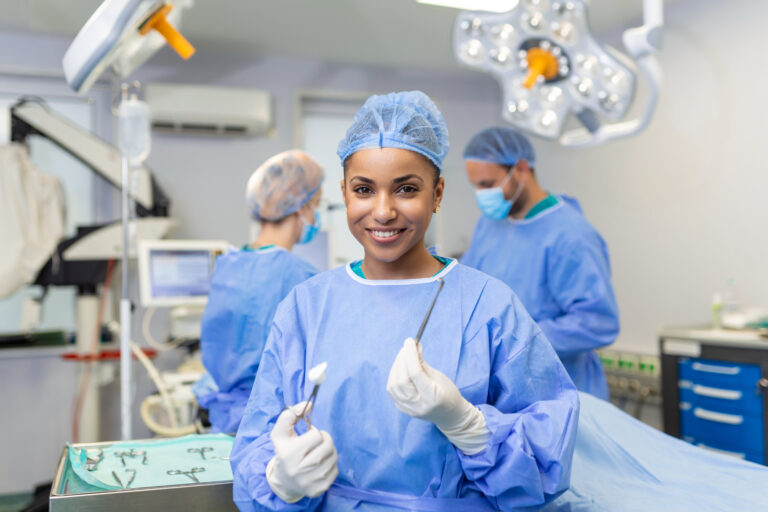
Decoding Breast Cancer: Symptoms and Causes You Should Know
Breast cancer is a common health issue that impacts millions of women around...
- Date: October 25, 2024



Breast cancer diagnosis involves a combination of tests known as the Triple Assessment, which includes: